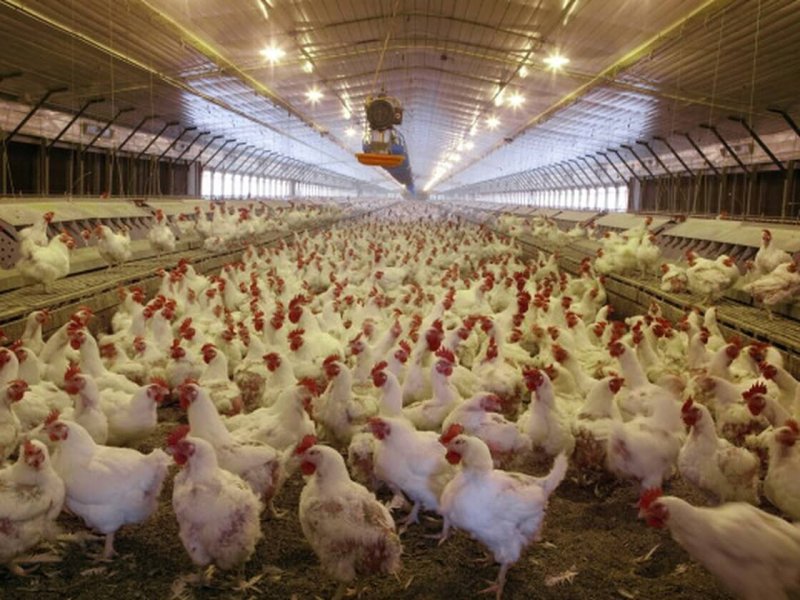It’s easy for those of us in the Western world to shake our heads at the live wildlife markets in China that appear to be the origin of the coronavirus pandemic now paralyzing the globe. Easy, that is, since such a practice is so literally quite foreign to us. (In their defense, at least, China has now banned such markets.)
But what’s more difficult is to be honest with ourselves about what kinds of pandemics we may be brewing through own risky animal-use practices. And while the new coronavirus, crippling as it is, might have a somewhat merciful case fatality rate (proportion of those infected who die) of less than 1 percent, we know that this catastrophe may be just a dress rehearsal for an even more serious pandemic that could take a more gruesome toll ….
When that day comes, it’s very likely that such a virus will also have its origin in humanity’s seemingly insatiable desire to eat animals, whether wild or domestic. The conditions in which we often farm animals today—crowding tens of thousands of animals wing-to-wing or snout-to-snout—serve as “amplifiers” for viral pandemics.































